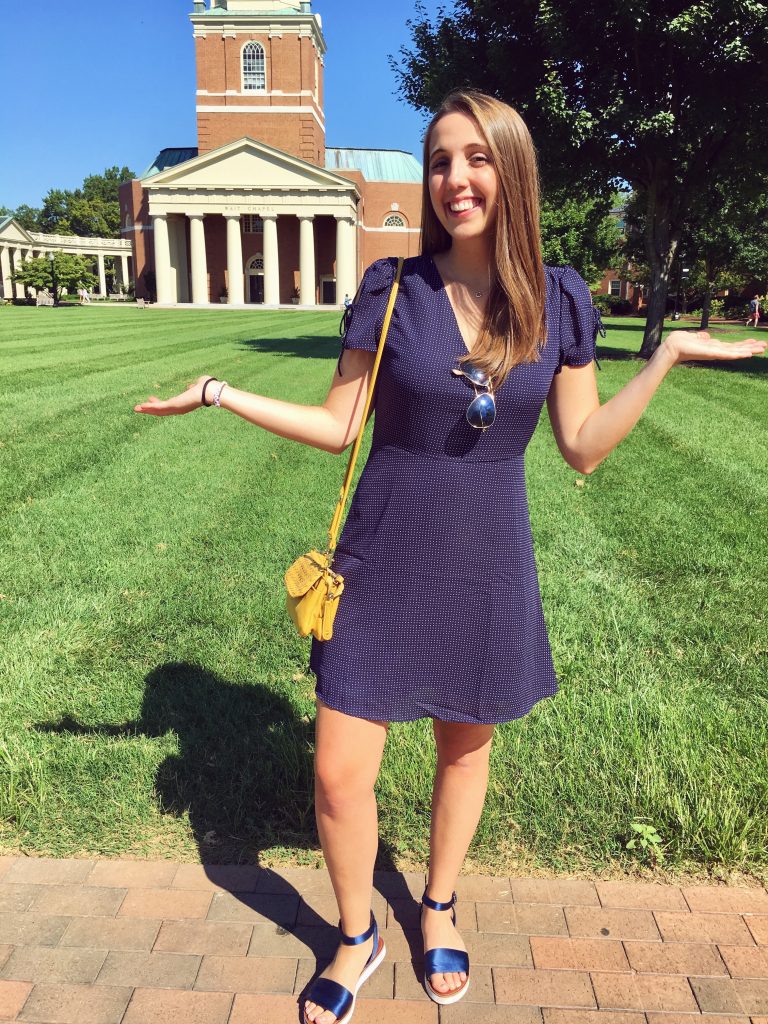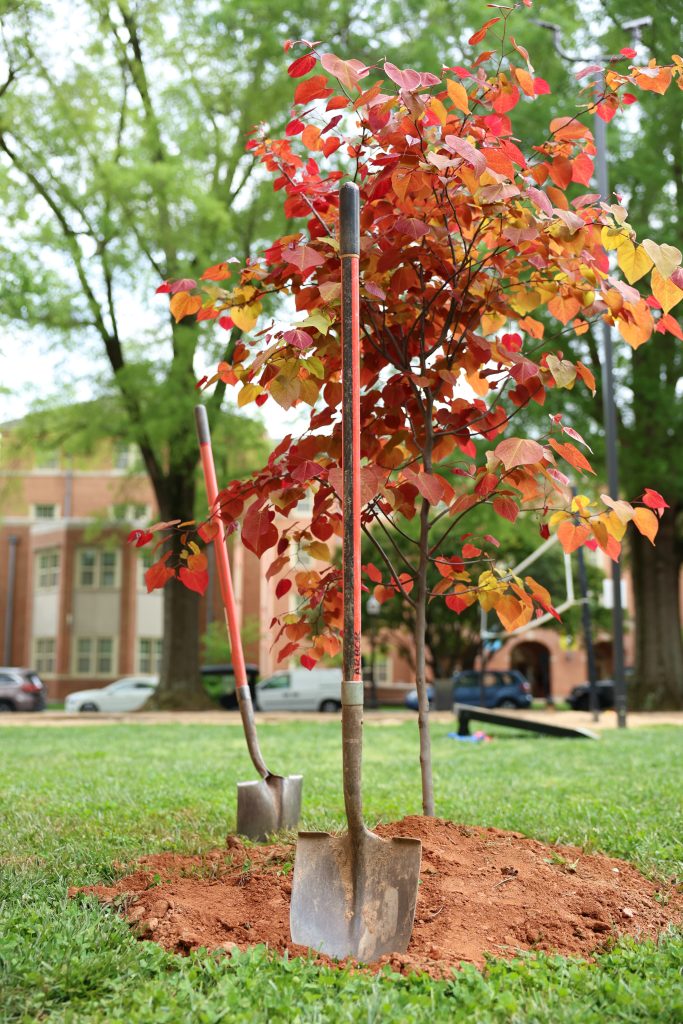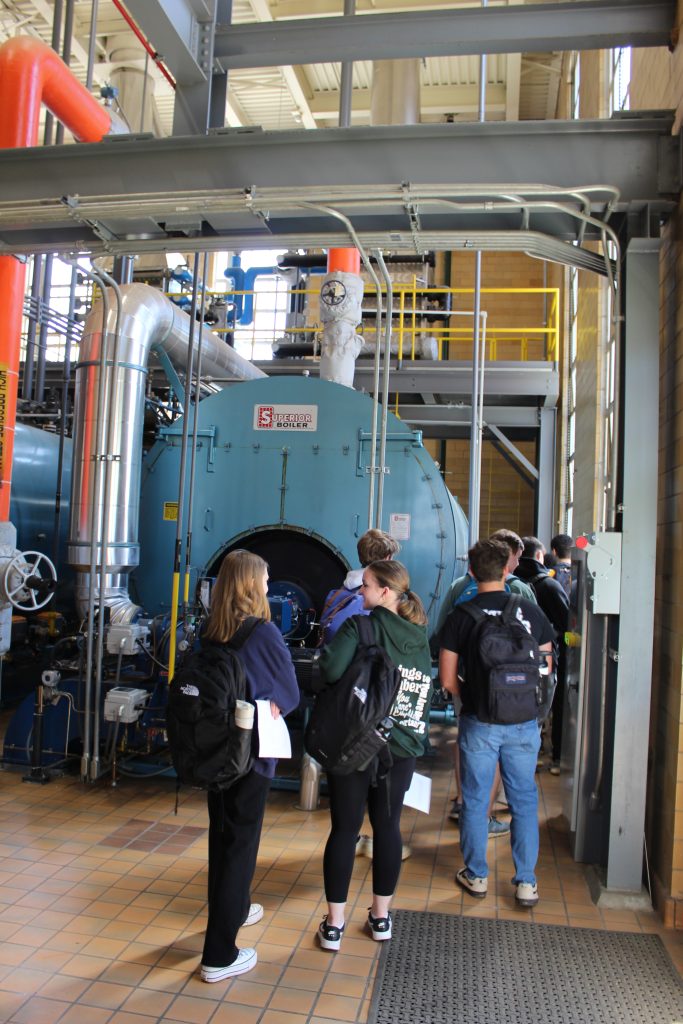What the Liberal Arts Taught Me About Organizational Strategy
Perspectives on Sustainability, Quarterly Newsletter
Many university campuses have standing sustainability advisory councils or committees made up of faculty, staff, and students with varied expertise and experience on the topics at hand.
At Wake Forest, we take a different approach.
Rooted in our belief that distributed cross-functional leadership is essential to creating resilient outcomes, we bring together the subject matter experts – the people who do the front-line work in their respective areas for transformation – to develop the principles, policies, and practices that support the fulfillment of our goals.
Our vision for campus as a model of sustainability for place-based education spans multiple domain areas – from land and ecosystem management to connectivity and the built environment, and even the development of a culture of resilience and adaptation. And, perhaps unsurprisingly, we find that transformational expertise comes from the folks who have their fingers on the pulse of their fields.
This organizational strategy mirrors, in many ways, the best of our liberal arts tradition. As the facilitator of the work, I rely on lessons I learned from my own Wake Forest education: the importance of leading with curiosity, seeking out experts, asking the right questions, and synthesizing information from a wide range of subjects.

Though I didn’t know it at the time, Wake Forest’s time-honored liberal arts traditions had prepared me for a career navigating complex organizations and facilitating change strategies. It’s easy now to pinpoint that these lessons began in my Introduction to Journalism course, where, for what felt like the first time in my academic life, I was rewarded not for having the right answer, but for asking the right questions. The exercise of reporting was one of deeply investigating each curiosity, unpacking insights, and piecing them together.
Having worked in both higher education and as a freelancer for the past seven years, I’ve been lucky to apply those same skills and to continue expanding my own domain knowledge by interviewing and working alongside experts.
While producing a podcast on water science a few years ago, I learned about groundwater depletion from renowned researchers and new methods of growing coffee beans in a changing climate from farmers in Sierra Leone. In my current role facilitating stakeholder engagement to advance Wake Forest’s campus sustainability goals, I’ve learned which native trees thrive on campus and in our region from our university arborist and how steam and chilled water utilities travel through underground networks to efficiently heat and cool our campus buildings from our Utilities team.


I get to experience our campus as a true model of sustainability for place-based education nearly every day, because I’m always learning more as technologies change, species come under threat, and new practices become campus norms.
Most of all, I’ve learned that people are at the heart of effective change. It’s my colleagues’ leadership – distributed across this place where I’ve had the privilege to live, learn, and work – that creates lasting impact.
These colleagues are experts and specialists in their fields. They’re implementing solutions, generating new ideas, and inspiring innovation toward resilient outcomes. Many have been recognized as Champions of Change for their work to realize our collective aspirations.
As a generalist myself, I can firmly attest that we need the deep knowledge of specialists to advance sustainability progress. In the broader ecosystem that supports campus, the demand for skilled tradesworkers in innovative technologies like renewable energy, for example, is currently outpacing supply. There’s a significant gap in manufacturing that has so much opportunity to be filled, fueled by the “green energy boom” and the need for skills that can’t be easily replicated or replaced by artificial intelligence or machines.
My own liberal arts education taught me the value in understanding the roles that we all have to play in addressing our most pressing problems. It shaped the way I learned to think about everything as a larger system and to find the essential questions that will unlock the insights needed to advance our work. And it was my journalism studies, in particular, that equipped me with the humility to understand just how much I didn’t know, and the curiosity to seek out the experts who do.
